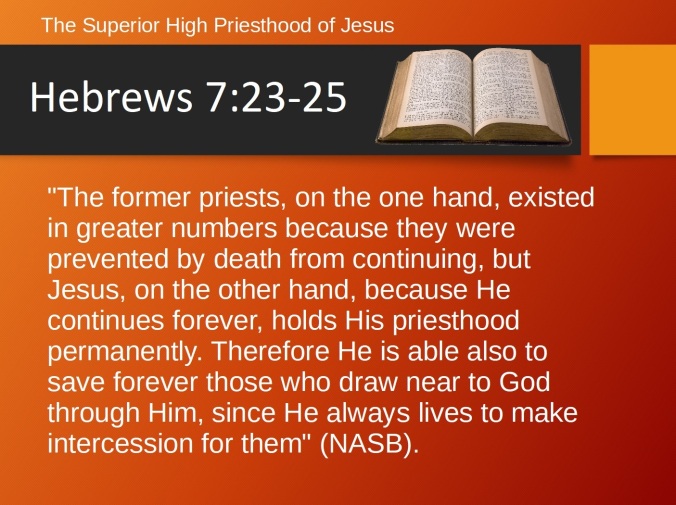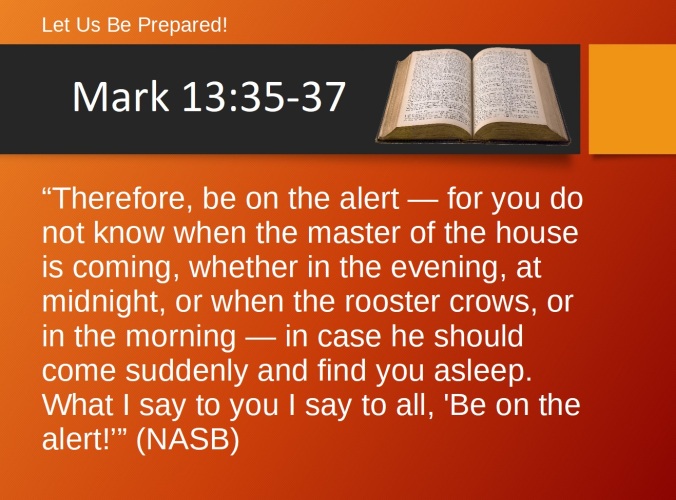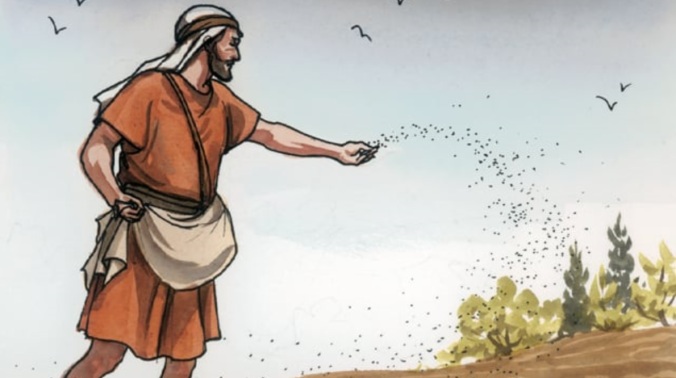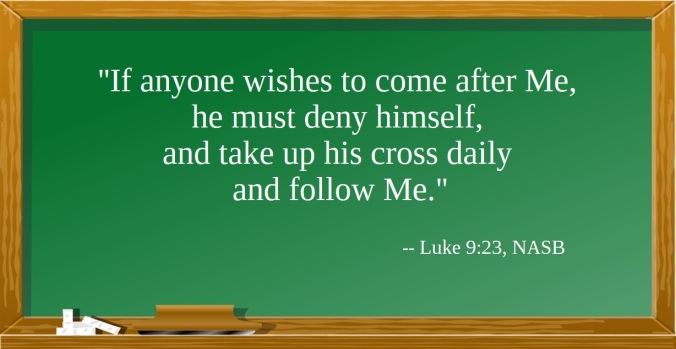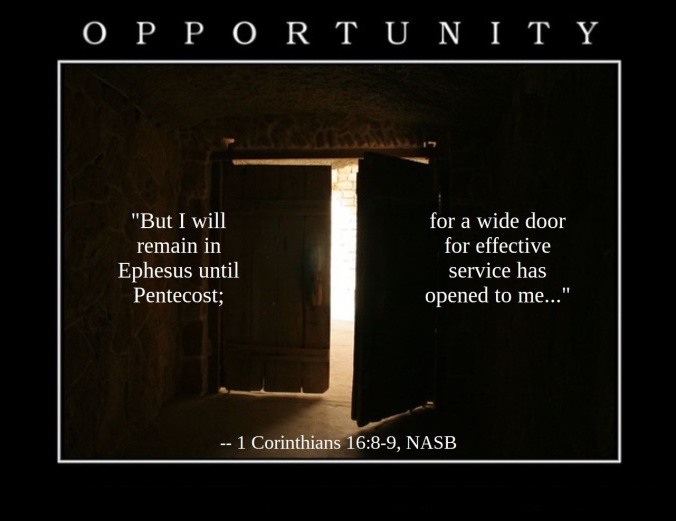“Go therefore and make disciples of all the nations…teaching them to observe all that I commanded you; and lo, I am with you always, even to the end of the age” (Matthew 28:19-20, NASB).
——————-
Contents:
1) The Sufferings of Christ Prior to His Death (Irvin Himmel)
——————-

-1-
The Sufferings of Christ Prior to His Death
Irvin Himmel
In the stillness and ebony of night, following the keeping of the Passover with His disciples and a period of lengthy discussions, Jesus went to the Mount of Olives. At a place called Gethsemane, He told the tired and weary apostles, “Sit ye here, while I go yonder and pray.” He took Peter, James, and John with Him to go a little farther into the garden. He “began to be sore amazed, and to be very heavy” (Mk. 14:33). His soul was “exceeding sorrowful” (Matt. 26:38). He went forward a short distance and fell on His face in prayer.
In Gethsemane
The prayer of our Lord in Gethsemane reflected His human feelings as He faced the reality of death. “Father, if thou be willing, remove this cup from me: nevertheless not my will, but thine, be done.” Human nature shrinks “from the dissolution of the bond that binds to soul” (Edersheim). Jesus had taken upon Him the nature of man. He was nearing the time when He must bear the iniquity of us all. The prospect of death brought the deepest kind of agony to His soul. The physically exhausted disciples had now fallen asleep. “And being in agony he prayed more earnestly: and his sweat was as it were great drops of blood falling down to the ground” (Lk. 22:44).
I confess that my mind cannot fully fathom the horror and agonizing grief which our Master suffered in Gethsemane. It was a foretaste of Calvary. He who was made a little lower than the angels for the suffering of death, and was found in fashion as a man, “offered up prayers and supplications with strong crying and tears unto him that was able to save him from death” (Heb. 5:7).
Night, with ebon pinion,
Brooded o’er the vale;
All around was silent,
Save the night-wind’s wail,
When Christ, the Man of Sorrows,
In tears and sweat and blood,
Prostrate in the garden,
Raised His voice to God.
– L.H. Jameson
A mob stormed into the garden with swords and staves, lanterns and torches. Judas positively identified Jesus, and they laid hands on Him and took Him away. After a brief appearance before Annas, Jesus was taken to Caiaphas, the high priest.
Before the High Priest
John records an incident which may have occurred before Annas or before Caiaphas. The account in John 18:19-24 is not clear as to which “high priest” is under consideration. Commentators are pretty equally divided on the point. I lean to the view that this took place before Caiaphas in a private interview. The high priest asked Jesus about His disciples and His doctrine. Since Jesus had taught openly in the synagogue and in the temple, not concealing His doctrine, He responded, “Why askest thou me? ask them which heard me, what I have said unto them: behold, they know what I said.”
One of the officers of the high priest “struck Jesus with the palm of his hand, saying, Answerest thou the high priest so?” Perhaps this officer was not accustomed to hearing a prisoner speak in such a forthright manner, standing for his own rights. Jesus replied, “If I have spoken evil, bear witness of the evil: but if well, why smitest thou me?” The slap in the face was intended to insinuate that Jesus had not shown respect for the high priest. The truth is that the blow was illegal. Jesus was merely demanding that witnesses be brought if the court had a case against Him. Hendriksen thinks the officer tried to exploit the situation for his own selfish advantage – that he may have been dreaming about a promotion! It is worthy of note that he was not ordered to strike the prisoner. His action was daring and despicable.
Later, two false witnesses were brought to testify against Jesus. Being put under oath and commanded to state plainly whether or not He was the Christ, the Son of God, He answered, “Thou hast said: nevertheless I say unto you, hereafter shall ye see the Son of man sitting on the right hand of power, and coming in the clouds of heaven.”
The high priest rent his clothes and charged Jesus with blasphemy. “Then did they spit in his face, and buffeted him; and others smote him with the palms of their hands, saying, Prophesy unto us, thou Christ, Who is he that smote thee?” (Matt. 26:67, 68). In addition to these indignities, they covered His face (Mk. 14:65). Luke explains what happened in these words: “And the men that held Jesus mocked him, and smote him. And when they had blindfolded him, they struck him on the face, and asked him, saying, Prophesy, who is it that smote thee? And many other things blasphemously spake they against him” (Lk. 22:63-65).
Imagine how you would feel if you were held in custody and the men who held you began spitting on you, beating you in a sadistic manner, and they blindfold you and strike heavy blows, taunting, mocking, jeering! These insults and abuses were both unjust and contrary to civilized conduct. The brutality and vulgarity of the scene bring into sharp focus the animal instincts that had moved the guards and servants of Caiaphas to show the utmost contempt toward the prisoner.
After appearing before Annas, before Caiaphas, then before the Sanhedrin, Jesus was sent to Pilate, Judea’s Roman governor. In the course of the questioning, Pilate learned that Jesus was from Galilee, and since that was Herod’s territory, he sent Him over to Herod.
Before Herod
Herod had wanted for a long time to meet Jesus. Having heard many things about Him, the king hoped to see Jesus work a miracle. He questioned the Galilean prisoner in many words, and the chief priests and scribes were there vehemently accusing Him, but Jesus “answered him nothing.”
“And Herod with his men of war set him at nought, and mocked him, and arrayed him in a gorgeous robe, and sent him again to Pilate” (Lk. 23:8-11). To “set at nought” means “to count as nothing, to treat with utter contempt, as zero” (Robertson). The flinging of a brilliant robe around His body was a part of the mockery and derision.
No small segment of the pre-crucifixion suffering of the Savior was the manner in which He was shuttled from one court to another. Visualize Him being led shackled through the streets of Jerusalem, and He was arrayed in a gorgeous robe. Every step was one of burning ridicule.
Before Pilate
Pilate had to do something to appease the Jews. He hit on the idea of chastising Jesus and releasing Him. That did not suit the accusers. When he offered to release either Jesus or Barabbas, a noted criminal, they urged the release of the latter, and cried out concerning the former, “Let him be crucified.” Pilate yielded to their wicked demands.
Three of the writers report that Jesus was scourged (Matt. 27:26; Mk. 15:15; John 19:1). This was “a flogging with leather whips weighted with bone or metal laid on so hard that weaker men sometimes died from it” (Culver). “. . . The scourge of leather thongs was loaded with lead, or armed with spikes and bones, which lacerated back, and chest, and face, till the victim sometimes fell down before the judge a bleeding mass of torn flesh” (Edersheim).
At the Hands of Ruthless Romans
The soldiers plaited a crown of thorns and placed it on His head (John 19:2). This was done after they had stripped Him and arrayed Him in a scarlet robe (Matt. 27:28, 29). Somewhere the soldiers found some prickly plants to use in making this crown to press upon His head. “Rivulets of blood must have started to run down his face, neck, and other parts of his body” (Hendriksen).
Covered with blood, torn with stripes, and tortured with sharp thorns piercing the head, the body of Jesus must have throbbed with pain. This was coupled with mental cruelty. They put a reed in His right hand. A king needs a scepter. Now that they have robed, crowned, and sceptered the “king of the Jews,” they bow before Him in mockery, and they cry in cutting derision, “Hail, king of the Jews!”
As though all of this is not enough, they spat on Him, and they took the reed and smote Him on the head with it (Matt. 27:30; Mk. 15:19). And, “they smote him with their hands” (John 19:3). Probably the soldiers took turns bowing in mockery, removing the reed from His hand to hit Him on the head and drive the thorns deeper into His torn flesh, spitting on Him, slapping Him, and deriding His kingship.
But the worst ordeal was yet to come. They led Him away to crucify Him . . .
— Via Guardian of Truth, XXV: 1, pp. 9-10, January 1, 1981
——————-
John 10:17-18
“For this reason the Father loves Me, because I lay down My life so that I may take it again. No one has taken it away from Me, but I lay it down on My own initiative…” (NASB).
——————-
The Steps That Lead to Eternal Salvation
1) Hear the gospel, for that is how faith comes (Rom. 10:17; John 20:30-31).
2) Believe in the deity of Christ (John 8:24; John 3:18).
3) Repent of sins (Luke 13:5; Acts 17:30).
4) Confess faith in Christ (Rom. 10:9-10; Acts 8:36-38).
5) Be baptized in water for the remission of sins (Mark 16:16; Acts 2:38; 22:16; Rom. 6:3-4; Gal. 3:26-27; 1 Pet. 3:21).
6) Continue in the faith, living for the Lord; for, if not, salvation can be lost (Heb. 10:36-39; Rev. 2:10; 2 Pet. 2:20-22).
——————–
Tebeau Street
CHURCH OF CHRIST
1402 Tebeau Street, Waycross, GA 31501
Sunday services: 9:00 a.m. (Bible class); 10 a.m. & 5 p.m. (worship)
Wednesday: 7 p.m. (Bible class)
evangelist/editor: Tom Edwards (912) 281-9917
Tom@ThomasTEdwards.com
http://thomastedwards.com/go (Older version of Gospel Observer website without pictures, but back to March 1990)
http://tebeaustreetchurchofchrist.org/
http://ThomasTEdwards.com/audioser.html (audio sermons)
